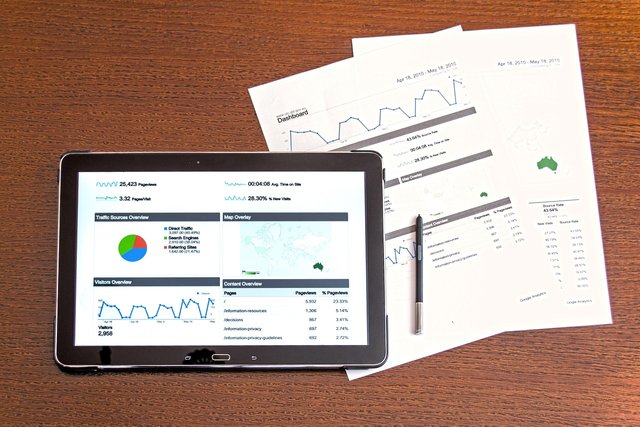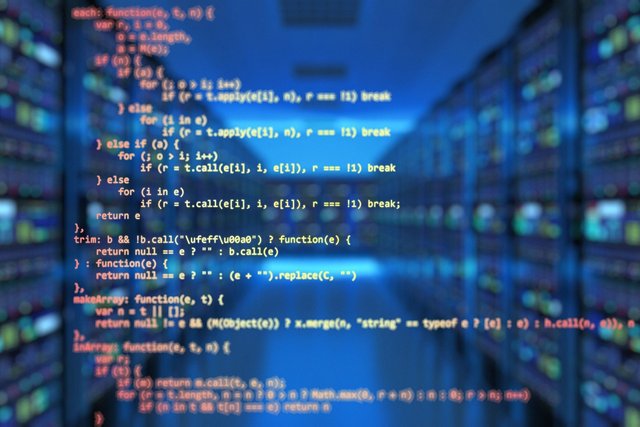Hey Steemians, welcome to my post. I will be writing about some important words you need to understand in the data world.
But first, what is so important about data?
In this day and age, maintaining a healthy business goes hand in hand along side working with data. Whether you understand it or not, there is no denying that data is at the foundation of any successful company and the business entrepreneurs that are leading the way are aware that looking deeper into data is what will make them tower above the competition.
Lets start with the Data team or the big data team.
They will want to solve a business problem. The team will do a significant amount of work on the data that is available first. Based on that, the Business Intelligence team will provide a business insights dashboard. After the dashboard is ready, the Data Science team will use some business analytics or data analytics tools to develop models that could predict future outcomes.
I know you must be thinking, What on earth am i talking about? Unless you are a data science guru, you may think I am just picking words out of the dictionary and sticking them together at random. No!! those are actual Data Science Buzzwords. And not only that, there are many other similar phrases. No wonder you are confused, but afriad not, its completely understandable for you to feel that way. Let me shade more light as to how things became so complicated.
One of the causes of confusion is the constant evolution of the data science industry and in turn the meaning of these buzzwords. This complicates the situation alot. For example, Some one who had the title Statistician 25 years ago would have been responsible for gathering and cleaning data sets and applying various statistical methods to the data. After some years, however, with the growth of data and the radical improvement of technology, this statistician would now be required to extract patterns from data . Henceforth a new buzzword was coined, Data Mining.
Similarly, forward wind a few more years, in the same statistician due to new mathematical and statistical models could now perform more accurate forecasts. And again, another term has found its way into an already inflated business glossary, Predictive analytics. Has the statistician changed her job by this point? No! Are her goals different? No! Not really. However, she is more qualified now to be part of a statistics department, Predictive analytics team or have the title Data Scientist. Hopefully, its easy to see now how these buzzwords develop over time and how someone who would qualify as a statistician 25 years ago and had kept up with modern technologies could fit into a multitude of professional categories now. Interesting, but a little messy, right?
Another cause of confusion which stems from the one just mentioned, comes from the HR managers who understandably can become overwhelming with the barrage of new terms and buzzwords flying around. This causes them to label job positions inaccurately, often seeming like they are choosing them on a whim. One HR representative may call a job position, Data analytics specialist when infact they need a data analyst. Another may employ a junior data scientist, when they require a business intelligence analyst. Of course, there are many companies that word their job offers brilliantly, but this is not standard across the board which can cause even more of a mess.
Finally, as examplified already, the world of data and data science can seem overwhelming and may very well make you into runaway and hide from many data related. But bear with me alittle longer. Next post, i will be clarifying the similarities and differences of the terms business analytics, data analytics, data science, business intelligence and machine learning.
See you soon. Thanks.

